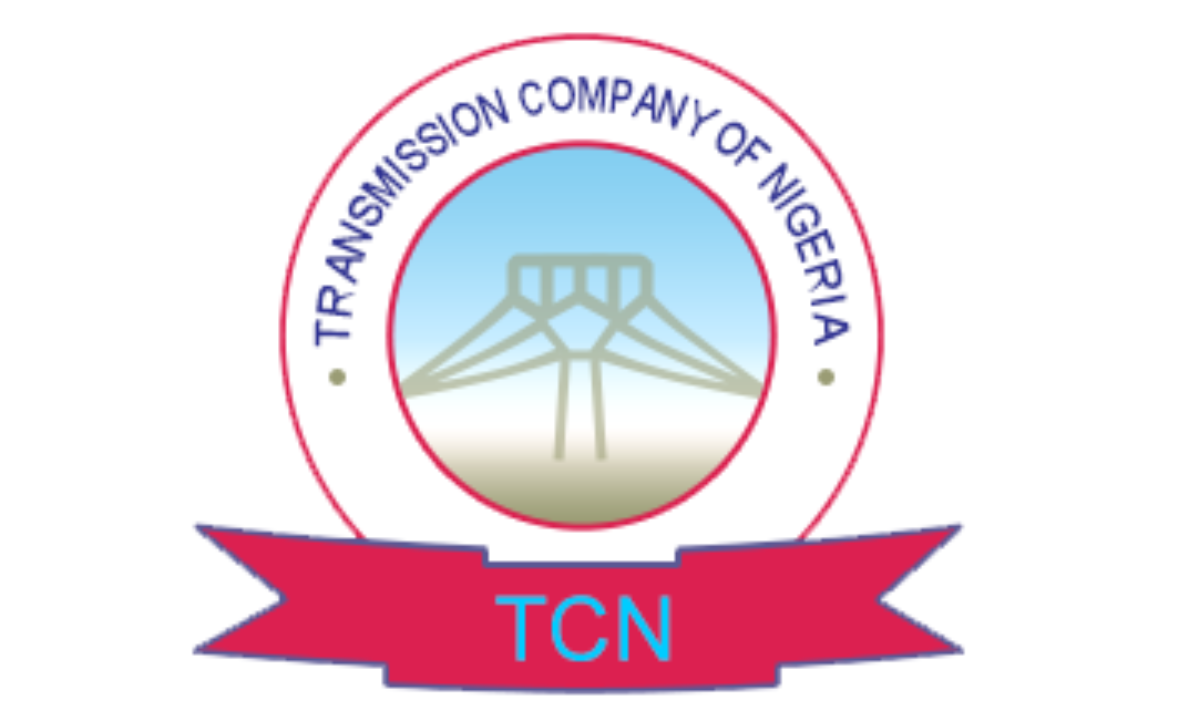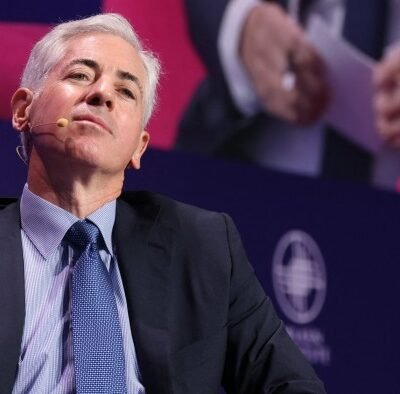The Transmission Company of Nigeria (TCN) has raised concerns over a debt of N457 billion owed to it for services rendered within the Nigerian Electricity Supply Industry (NESI) as of March 2025, a situation the company says is severely hampering its operations and expansion plans.
The company also appealed to the Ministry of Finance (MOFI) and the Bureau of Public Enterprises (BPE) to defray the debts and ease its financial strain.
Managing director/CEO of TCN, Engr. Sule Abdulaziz, who made this known at the opening of a capacity-building workshop for journalists on Wednesday, explained that the debt comprises N217 billion in legacy debt and N240 billion for recent services.
Abdulaziz who was represented by the executive director, Transmission Service Provider, Engr. Oluwagbenga Ajiboye, noted that despite the financial constraints, TCN’s wheeling capacity has increased to 8,701 megawatts.
According to him, the N457 billion debt comprises both legacy debts amounting to N217 billion and current market shortfalls.
Abdulaziz said the company is actively engaging with stakeholders, including the Ministry of Finance to secure payment and ease the financial strain.
According to TCN, the legacy debt is under negotiation with the BPE to recover some funds, but the overall debt continues to constrain the company’s ability to invest in critical infrastructure. Also, in a bid to clear misconceptions and misinformation circulating about the transmission sector, TCN’s management emphasised their commitment to transparency.
They pledged to keep communication channels open with the media and the public, inviting stakeholders to visit substations and witness ongoing transformations firsthand.
Engr Ajiboye, who spoke in his capacity as the executive director of TSP, explained that due to a lack of capacity at the distribution segment or unwillingness of the distribution companies to pick loads, the TSP has had to shut down over 40 transmission substations across the country.
TCN called on all stakeholders, including distribution companies (Discos), generation companies (Gencos), and government agencies, to work collaboratively to strengthen the entire electricity value chain. It stressed that the weakest link in the chain limits the overall system’s capacity to deliver power to consumers.
TCN underscored the ageing nature of much of the transmission infrastructure, with some equipment being over 40 years old, which reduces capacity and reliability.
He also pointed to issues such as right-of-way challenges, vandalism, and security concerns which further hinder network expansion and maintenance.
He lamented that ongoing challenges such as vandalism and funding shortfalls continue to hinder the sector’s performance, despite notable investments in transmission infrastructure.
He also called for significant investments in the distribution segment of the electricity value chain, stressing that the country’s power network “is only as strong as its weakest link.”
He said, “No matter how good TCN is, if the GenCo is lacking, we will take the capacity of the GenCo. That is the total reflection of the NESI. So also, if TCN is the weak link, you cannot get more than the output of TCN.
“So also, if it is the DisCo. So you can see that it is a value chain that must not be broken. The strengths must be uniform and be able to deliver the end product”.
He explained that the national power grid goes beyond the transmission infrastructure to include generation, distribution, and consumers.
“Grid comprises generation, transmission, distribution and you, the consumer. The overall grid was managed before now by Transmission Company of Nigeria, which comprises two companies, TSP and Independent System Operator. But on the 9th of May, the unbundling of TCN into two happened.
“We have two licenses under the Transmission Company of Nigeria, Transmission Service Provider and Independent System Operator. The Independent System Operator metamorphosed into the Nigerian Independent System Operator (NISO).”
The presentation highlighted the distinction between the national grid and transmission infrastructure.
It noted that with the recent unbundling of TCN into two licensed entities: the Transmission Service Provider (TSP) and the Independent System Operator (ISO), now known as NISO, the evolving market structure under the Electricity Act of 2023 allows independent players to participate as buyers and sellers, increasing competition but also complexity.
Despite the financial and operational hurdles, TCN expressed optimism about the future.
The company assured Nigerians that efforts
are underway to enhance power supply reliability. However, the critical need for timely debt defraying by the government and market participants remains a top priority to enable TCN to fulfil its mandate effectively.
In his presentation, the general manager (Project Coordination), Engr. Aminu Tahir said the company has completed several substations that are lying idle because of challenges of bringing lines to them.
He said the company is facing several right-of-way issues, which have hindered progress in connecting the new transmission substations.
According to him, the company had received funding from the World Bank, French Development Agency (AFD), African Development Bank, and Japan International Cooperation Agency (JICA) to fund most of its projects to expand transmission infrastructure.
We’ve got the edge. Get real-time reports, breaking scoops, and exclusive angles delivered straight to your phone. Don’t settle for stale news. Join LEADERSHIP NEWS on WhatsApp for 24/7 updates →





